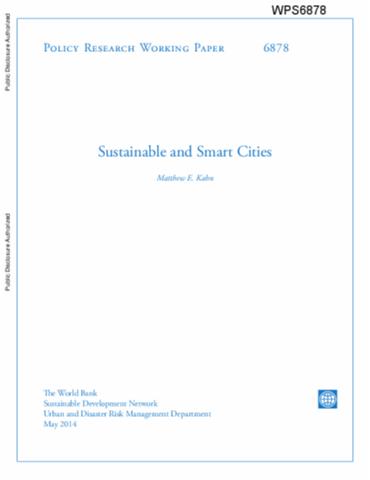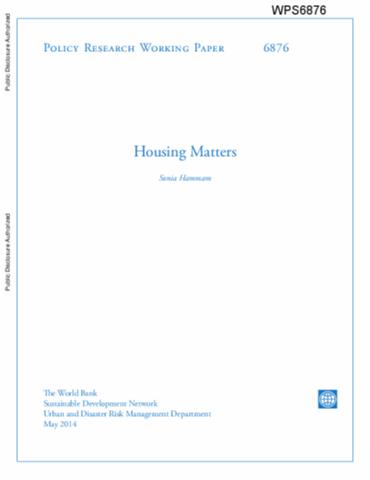Climate-Smart Development : Adding Up the Benefits of Actions that Help Build Prosperity, End Poverty and Combat Climate Change
This report describes efforts by the
ClimateWorks Foundation and the World Bank to quantify the
multiple economic, social, and environmental benefits
associated with policies and projects to reduce emissions in
select sectors and regions. The report has three objectives:
1) to develop a holistic, adaptable framework to capture and
measure the multiple benefits of reducing emissions of
several pollutants; 2) to demonstrate how local and national



